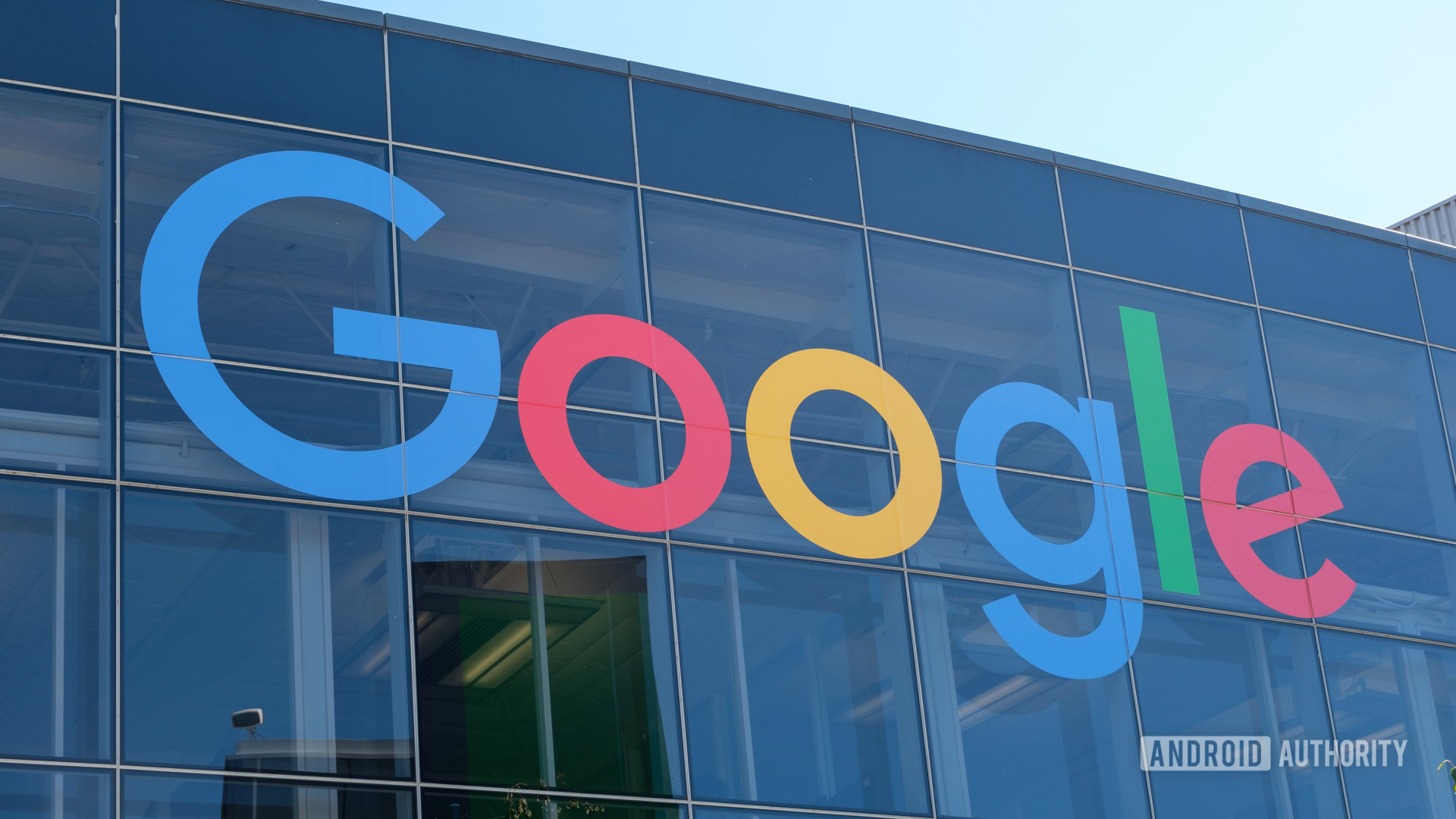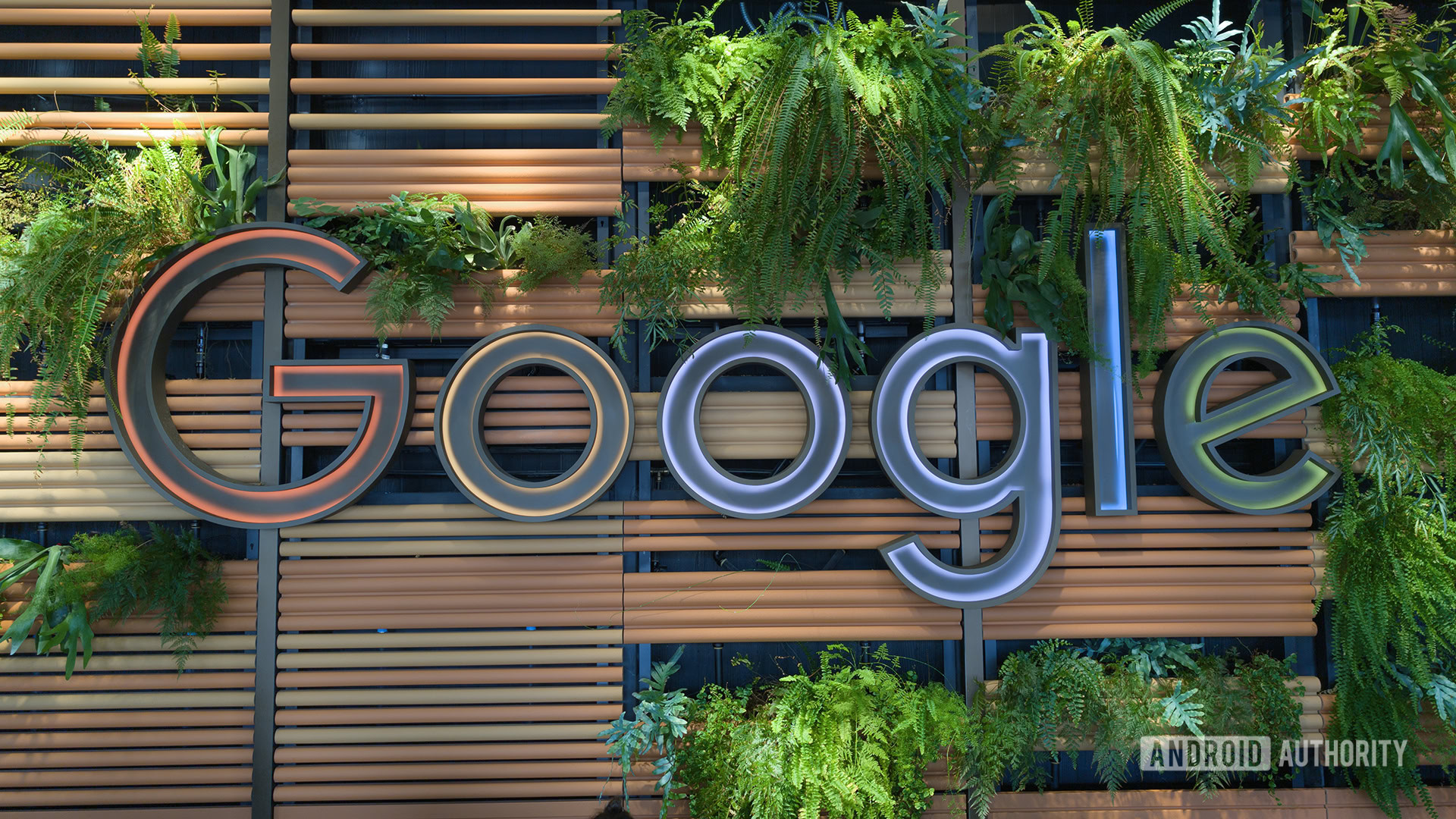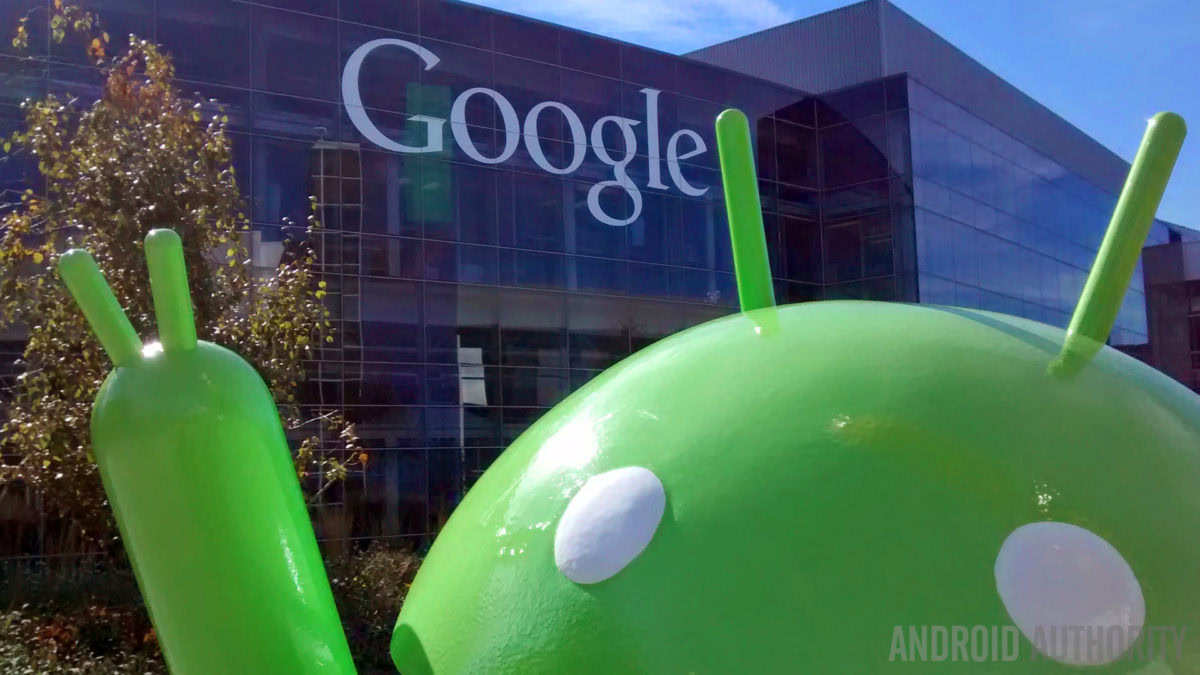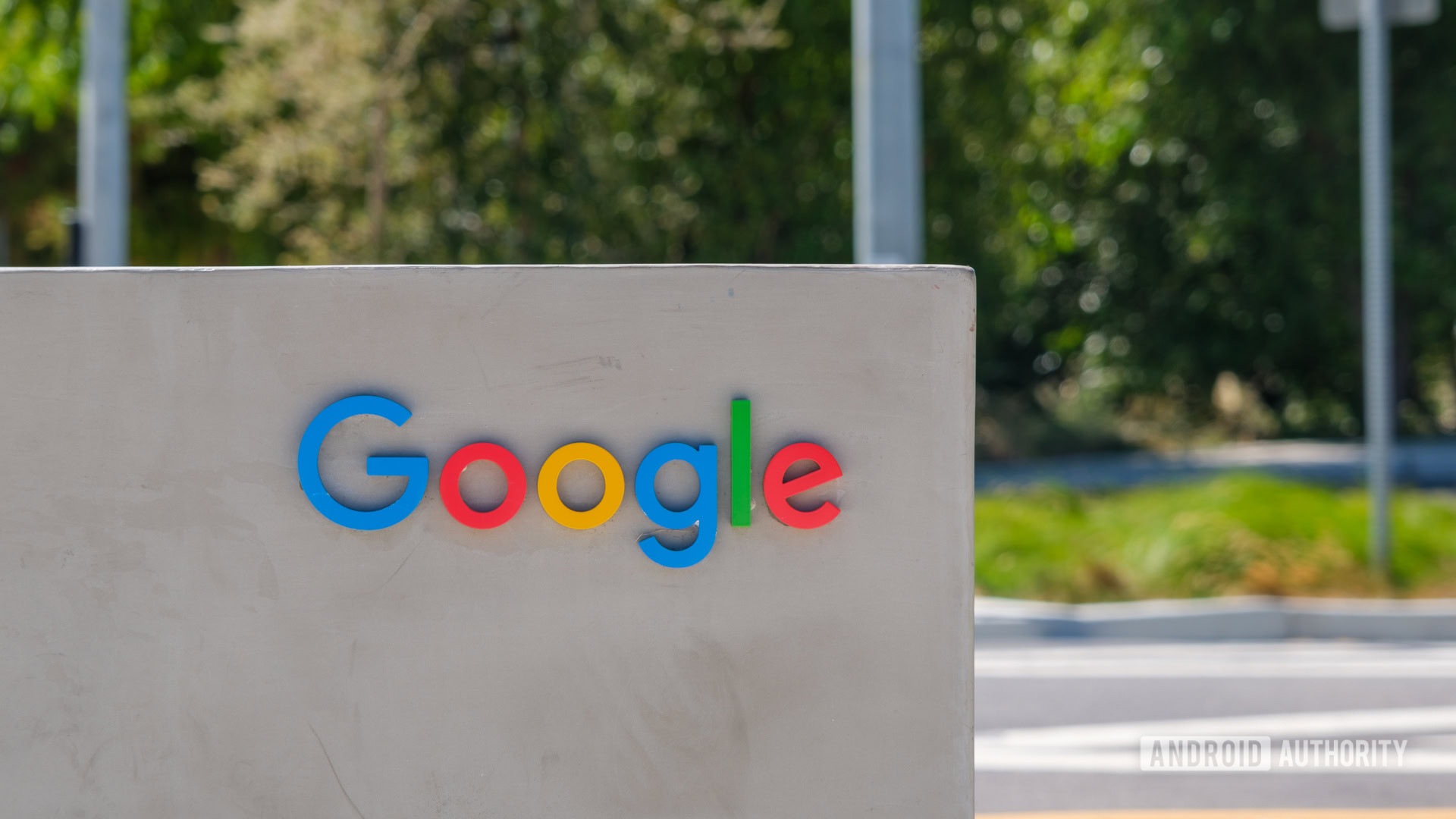
Ryan Haines / Android Authority
Google quietly removed the “Don’t be evil” motto from its corporate code of conduct in 2018, and the Android creator was also getting slapped with eye-watering fines during this period. Those two facts probably aren’t related, but the tech giant has racked up sanctions running into the billions of dollars over the last decade, to the point where it can be hard to keep count. We decided to tally them up, so here are the major fines Google has paid over the last ten years and the reasons behind them.
Ten years seems a reasonable window to consider, but it isn’t completely arbitrary. Google hadn’t been caught out so significantly before that, and when it was, the reparations were relatively small, at least compared to the ones you’ll see below.
How much has Google paid in fines over the years?
Below are all of Google’s major fines over the last ten years, listed in chronological order. They were imposed in various currencies, but we’ve converted them to the equivalent amount in US dollars at the time to total them. We also wanted to know how much each of those fines would be worth in today’s money, so we adjusted them for inflation based on the year they were handed down using an inflation calculator.
| Year 2017 | Imposing Body European Commission | Fine in USD (millions) $2,547 | Inflation-adjusted (millions) $3,270 |
| Year 2018 | Imposing Body European Commission | Fine in USD (millions) $5,213 | Inflation-adjusted (millions) $6,535 |
| Year 2019 | Imposing Body European Commission | Fine in USD (millions) $1,708 | Inflation-adjusted (millions) $2,103 |
| Year 2019 | Imposing Body US Federal Trade Commission | Fine in USD (millions) $170 | Inflation-adjusted (millions) $209 |
| Year 2020 | Imposing Body French CNIL | Fine in USD (millions) $112 | Inflation-adjusted (millions) $136 |
| Year 2021 | Imposing Body French CNIL | Fine in USD (millions) $590 | Inflation-adjusted (millions) $685 |
| Year 2021 | Imposing Body Italian Competition Authority | Fine in USD (millions) $123 | Inflation-adjusted (millions) $143 |
| Year 2021 | Imposing Body South Korea Fair Trade Commission | Fine in USD (millions) $177 | Inflation-adjusted (millions) $206 |
| Year 2022 | Imposing Body French CNIL | Fine in USD (millions) $158 | Inflation-adjusted (millions) $170 |
| Year 2022 | Imposing Body Australia Competition and Consumer Commission | Fine in USD (millions) $43 | Inflation-adjusted (millions) $46 |
| Year 2022 | Imposing Body India Competition Commission | Fine in USD (millions) $275 | Inflation-adjusted (millions) $296 |
| Year 2024 | Imposing Body French CNIL | Fine in USD (millions) $272 | Inflation-adjusted (millions) $272 |
| Year | Imposing Body Totals | Fine in USD (millions) $11,388 | Inflation-adjusted (millions) $14,071 |
As you can see, Google’s infractions have cost the company a hefty amount over the years. The fines imposed total around $11.4 billion and will feel like more to the company’s balance sheet today. Since the biggest penalties were doled out several years ago, those amounts would be worth much more by now with a bit of basic investing. The inflation-adjusted total comes to over $14 billion.
If that looks bad, these fines aren’t even all that Google has been asked to fork out. The figures don’t include settlements of lawsuits, such as the $400 million it was hit for in a 2022 privacy case and another $700 million last year relating to the Play Store and sideloading.
We’ve only listed the major fines that Google has received, and just those in the last ten years. Between small fines for the company and its subsidiaries since its foundation in 1998, it’s very difficult to know how many times it has been penalized in total.
Why did Google get these fines?

C. Scott Brown / Android Authority
Are you wondering what got Google in hot water with the authorities? Here’s a very brief overview of the reasons each fine was imposed.
2017 — European Commission
Google was fined in Europe for abusing its dominance in search engine markets to favor its own comparison-shopping service over competitors. If the €2.42 billion amount sounds oddly similar to the one you’ve seen in the headlines this week, it’s no coincidence. It’s the same case that Google has been attempting to overturn ever since.
2018 — European Commission
The biggest punishment ever levied on Google — one of the largest in history — was this €4.34 billion fine for antitrust violations regarding Android. Google was found guilty of requiring manufacturers to pre-install Google Search and Chrome as a condition for accessing the Google Play Store, effectively limiting competition from other browsers and search engines.
2019 — European Commission
The European Commission wasn’t done with Google, this time whacking the tech giant with a €1.49 billion punishment for abusing its dominance in the online advertising market. Google had imposed restrictive clauses in contracts with third-party websites, preventing them from displaying ads from Google’s competitors.
YouTube was found to have collected personal information from children.
2019 — US Federal Trade Commission
The big Google fine in the US was more specifically for its subsidiary, YouTube. The streaming site was slapped with a $170 million sanction by the FTC for violating the Children’s Online Privacy Protection Act (COPPA). YouTube was found to have collected personal information from children under the age of 13 without obtaining parental consent and delivered targeted ads, which is illegal when it comes to children.
2020 — French CNIL
France’s data protection authority, CNIL, fined Google €100 million for violating the EU’s General Data Protection Regulation (GDPR). The fine was imposed because Google failed to provide clear and transparent information about its data collection practices and did not obtain proper consent from users for personalized ads. This marked one of the first major fines under GDPR, and we’ve been consenting to cookies ever since.
2021 — French CNIL
French authorities were just getting started with Google and imposed a huge €500 million fine on the tech company in 2021. It related to failing to comply with a ruling regarding the payment to news publishers for the use of their content. The regulator criticized Google for limiting the scope of negotiations by excluding press images and not discussing proper compensation.

2021 — Italian Competition Authority
In one of the most specific complaints, Italy’s AGCM fined Google €102 million for abusing its dominant position in the market by excluding the Enel X JuicePass app from its Android Auto platform. JuicePass is an app for locating and managing electric vehicle charging points, and by excluding it, Google hindered its functionality on Android Auto.
2021 — South Korea Fair Trade Commission
South Korean authorities rounded out a bumper year of penalties for Google by handing down a fine of 207 billion Korean won. Google was accused of abusing its market dominance by forcing Android phone manufacturers to sign anti-fragmentation agreements (AFAs), which prevented manufacturers from developing or using forked versions of Android. According to the Korean FTC, this effectively stifled innovation and competition in the smartphone operating system market.
2022 — French CNIL
Google hadn’t acted sufficiently for the French, who fined Google another €150 million in 2022 for making it difficult for users to refuse cookies. The CNIL found that Google’s websites, including google.fr and YouTube, did not provide an easy option to reject cookies, unlike the clear option to accept them.
Location data controversy reared its head again.
2022 — Australia Competition and Consumer Commission
Location data controversy reared its head again down under in 2022, as Google was fined $60 million AUD by the ACCC for misleading Australian consumers about the collection and use of their data. Google was found to have made false representations to users about how to turn off location tracking on Android devices. Even when users believed they had turned off location tracking, Google continued to collect their location data.
2022 — India Competition Commission
More familiar complaints came to a head in India in 2022, as Google faced two major fines totaling 22.74 billion rupees. The first fine related to Android, where Google was found to have abused its dominant market position by promoting its own apps and services while restricting competition from others. The second fine addressed Google’s Play Store policies, where the company was found guilty of enforcing unfair conditions on app developers, such as mandatory use of Google’s payment system.
2024 — French CNIL
French authorities came after Google again in March of this year, fining the company €250 million. The competition watchdog levied the penalty for Google breaching intellectual property rules and using content from digital publishers to train its AI service, Bard. This went against prior Google commitments made in a 2019 case aimed at ensuring fair negotiations between press agencies, publishers, and digital platforms. Google allegedly used content from these parties to train Bard without informing them or offering a technical solution to opt-out.
Do these penalties hurt Google?

Ryan Haines / Android Authority
$11 billion seems like a lot of money to most of us, and it’s more than the annual GDP of some small countries. But Google isn’t most of us. Alphabet, which is the parent company of Google, declared revenues of $307.4 billion in 2023 alone, with a net income of $73.8 billion. In other words, it made enough profit just last year to pay all the fines of the previous decade several times over.
That doesn’t mean that such large fines don’t register with Google, and there may have been missed investment opportunities that could have been made with the inflation-adjusted amount of $14 billion. For example, the company only paid $2.1 billion for Fitbit, and Microsoft acquired GitHub for $7.5 billion. If Alphabet felt more generous after avoiding these fines, the amount would have been enough to offer every one of its employees a $70,000 bonus or give every adult in the US $50.
It’s even enough to buy both the New England Patriots and the New York Giants, which Alphabet could then merge into one superteam called the Google Algorithms.
Complying with thousands of regulations isn't cheap.
Of course, this is too simplistic a way of looking at the expenditure on fines. Google probably prefers not to be fined, but what we can’t know is how much profit the company made by incurring them. Complying with thousands of regulations isn’t cheap, but the real payoff could come in the form of substantial extra revenue. Google was accused of unfairly promoting its own services, tracking more user data than it should, restricting competition, and more. All of these practices had the potential to add to Google’s bottom line.
We’re not saying that Google intended to breach regulations for financial reasons, and we don’t know if it did, especially when offset against the fines imposed. Whether these actions were deliberate or merely the byproduct of rapid expansion, only time will tell how such trade-offs impact the company in the long run. It’s unlikely that the company execs are losing too much sleep over them.








 English (US) ·
English (US) ·